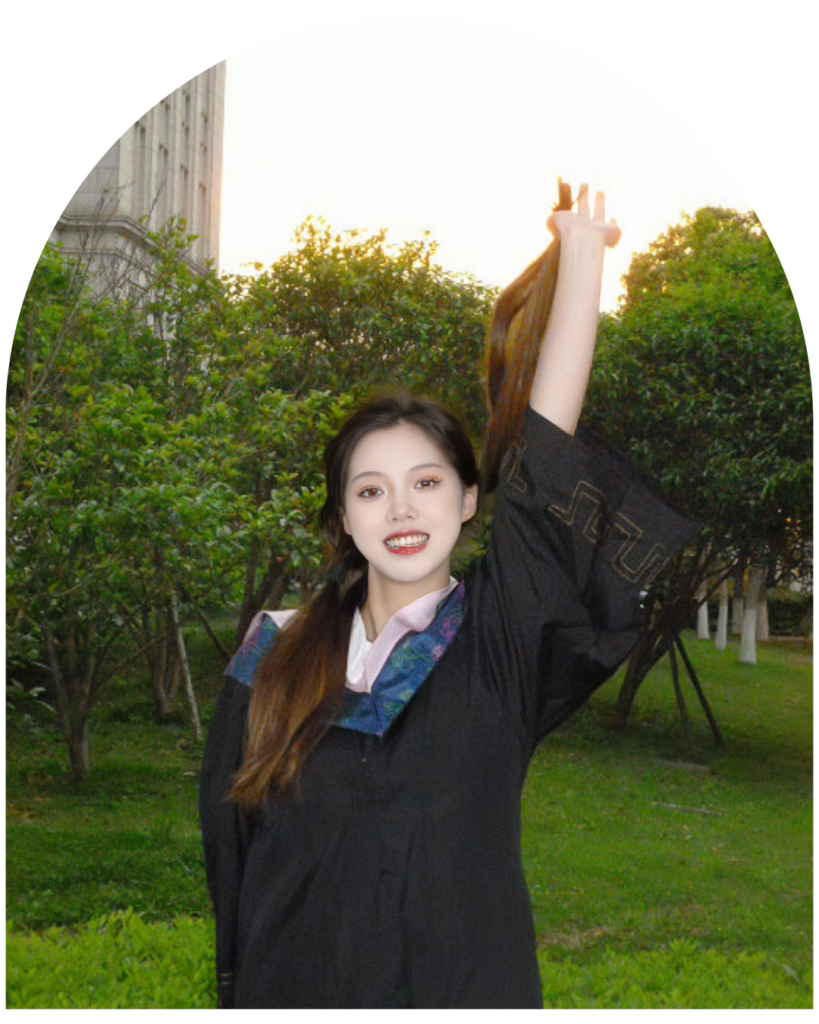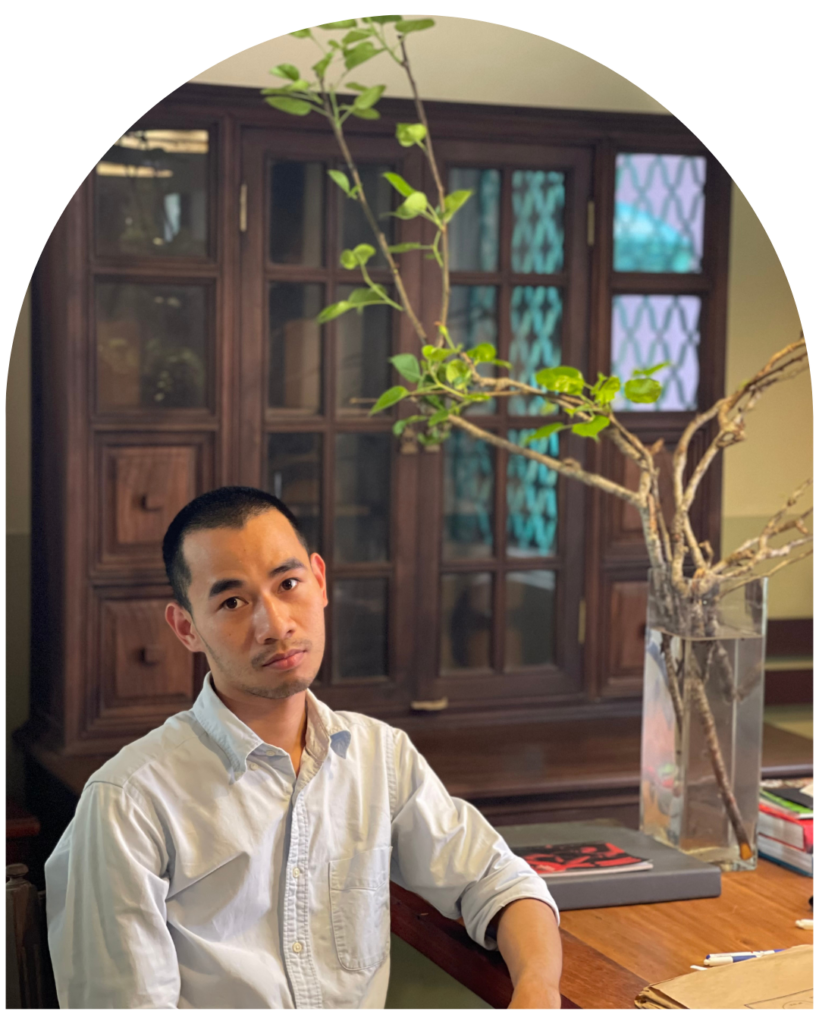Each year, the Writing Center celebrates and honors the exceptional work of our teaching assistants by presenting two teaching excellence awards. Our team of over 35 teaching assistants work extremely hard to provide personalized, one-to-one writing instruction to more than 1,500 students. Beyond this work, they also contribute to the Writing Center’s mission by leading writing groups, presenting workshops, conducting campus-wide outreach initiatives, and more. We are extremely proud of the dedication all of our teaching assistants demonstrate through their contributions to the Writing Center.
To select the award winners, we encourage our teaching assistants to nominate their colleagues or themselves. Once nominated, our teaching assistants submit an application to the award selection committee. Their application includes their writing center teaching philosophy statement and artifacts that show evidence of their teaching strengths. The teaching philosophy statements detail how they approach and understand their work as a Writing Center instructor. The artifacts can include student evaluations, student testimonials, peer testimonials, or other texts they feel best represent their Writing Center teaching. We had many strong applications, and choosing among the nominees for the two awards was very difficult. We honestly wish we had more awards to give out!
We are proud to announce that Lulu Jin and Khanh Nguyen have both been awarded the TA Award for Excellence in Writing Center Instruction. Lulu’s passion, care, and thoughtfulness for her students shines through both her work and award submission materials. The committee was particularly impressed by her innovative tutoring practices, deep commitment to supporting international student writers, and capacity to work with students in Mandarin. Khanh’s thorough self-reflective practice, care for students, and dedication to his students’ success are highlights of his work. The committee especially valued how Khanh’s statement reflected a mature understanding of writing processes and articulated the specific tools that enable students to feel comfortable in a writing center session. As a part of celebrating their excellent work with our writing center, we would like to share their statements of writing center philosophy.
Lulu Jin

Lulu Jin (she/her) is an MA student in Applied English Linguistics, who is passionate about Language Acquisition, Language Development and English Teaching. Lulu is fluent in Chinese and English, and she warmly welcomes collaborations with individuals interested in Chinese language and culture.
Statement of Writing Center Teaching Philosophy
“Thank you for your valuable input into the IPM,” by George.
“Thank you for teaching new ideas from the Writing Center,” by Airi.
These thank-you letters were received from international student mentors after I completed my outreach in International Student Services. There, I met students from all over the world who spent their time helping their mentees—international students. I was impressed by their warm actions, not only from the perspective of an instructor, but also because I myself am an international student.
While working at the main center and satellite locations, I encountered students from diverse linguistic backgrounds, all with the same goal—to improve their writing. It was common to see students feeling anxious when they were stuck with their writing assignments. However, I also noticed that students were nervous when expressing their thoughts and trying to explain their work. As an international student myself, who has struggled with oral communication, I understood the effect of the language barrier on their confidence. I empathized with the awkward situations where people showed impatience and intolerance while listening to conversations, despite the speaker’s efforts to be as clear as possible.
While standing in their shoes, I embraced the goals of respecting every student and making them feel valued. These are also the core values of my teaching philosophy which emphasized social and language justice. Continuing in this spirit, I endeavored to create a supportive and inclusive environment where students felt comfortable expressing themselves without fear of judgment. I implemented strategies to address the language barrier, such as providing language options for them. For instance, since Mandarin is my native language, I noticed that some Chinese students lacked confidence in their English and struggled to articulate their thoughts clearly. Observing their increasing anxiety and discomfort, I offered them the option to communicate in Mandarin or English, whichever they felt more comfortable with. This approach aimed to alleviate their language-related stress and facilitate clearer communication. I firmly believe that our primary goal in these meetings is to provide support, so students have every right to choose the language that best suits both the instructor and themselves. Language should serve as a bridge, not a barrier.
Working at the MWA provides a great opportunity to engage with community members. During conversations with patrons, some express negative feelings, such as “I don’t know anything” or “I am really awful at writing”. Similar dialogues are also heard during appointments at the main center. What I typically do is offer them mental support and encouragement. It may seem like a simple action, but I believe even a small word of praise can brighten someone’s day.
Overall, there is an ultimate goal beyond my teaching philosophy: to support others not only in writing but also in their mindset. It is indeed a long and challenging task, but everything would be worthwhile when I hear someone say, “Thanks, Lulu!”
Khanh Nguyen

Khanh Nguyen is a Ph.D. student in English, specializing in global Anglophone literature, translation studies, and the environmental humanities. In his free time, he likes to run, go on long walks and take random pictures with his old camera. He welcomes the opportunity to work with anyone who cares about writing, especially those to whom the English language sometimes feels foreign, regardless of whether they are a non-native speaker or not.
Statement of Writing Center Teaching Philosophy
During one of my shifts at the Memorial Library, a student brought in an academic essay about how their coming-of-age experience was shaped by racism and sexism, both witnessed and experienced. In another appointment, I got to work with a student on their graduate school personal statement, where they shared about being the caretaker of a disabled family member.
In both cases, the atmosphere was quite tense, a tenseness that was not put into words but nonetheless was almost tangible. “Tread softly because you tread on my dreams”, a famous Irish author once wrote. The tenseness, I later realized, was due to a mutually felt awareness that what was on the table was not merely a piece of writing. It commanded me to “tread softly” as I went about my job.
At the core of writing center tutoring is therefore a vulnerability that stems from the laying open of something that would otherwise remain private, that the tutor would otherwise not have access to. The stakes are often higher in cases where what is brought to the appointment is particularly personal or the stories shared are potentially traumatic. What I have seen frequently come up in these appointments is the students’ own experiences with systemic social injustices. However, without losing sight of the broader infrastructure that works to exacerbate students’ vulnerability, one should keep in mind that all students come to us vulnerable to a certain extent: It takes courage to share with someone your writing, especially if you are under no obligation to do so, and if the person reading it is a total stranger. Any appointment booked is thus a risky endeavor embarked on by the student.
My tutoring is therefore guided by an alertness to students’ vulnerable position in writing center instruction. In trying to remedy this, I have found three tools to be particularly helpful:
- Considering and being honest about my positionality: Vulnerability makes one susceptible to attacks, but it also creates fruitful grounds for connections. I have found that acknowledging, or at least hinting at, my own struggle with writing, or my experiences navigating Western academia as an international student and a person of color, can help tip the power balance into a more equal direction.
- Micro-affirmations: I try to find space for praise and positive feedback, as well as expressing my appreciation for the student’s willingness to share with me about their experiences.
- Deep listening: I try to be fully present for the student and their writing, making sure they know they have my complete attention.
Vulnerability is more or less an inherent element in writing center instruction. However, as I said, it can be exacerbated by factors having to do with the student’s identity and socioeconomic status, as well as the nature of their writing project. Thus, while I strive to bring the above mentioned strategies into all my appointments, I take extra care with moments or contexts where the student’s vulnerable position is particularly pronounced.

